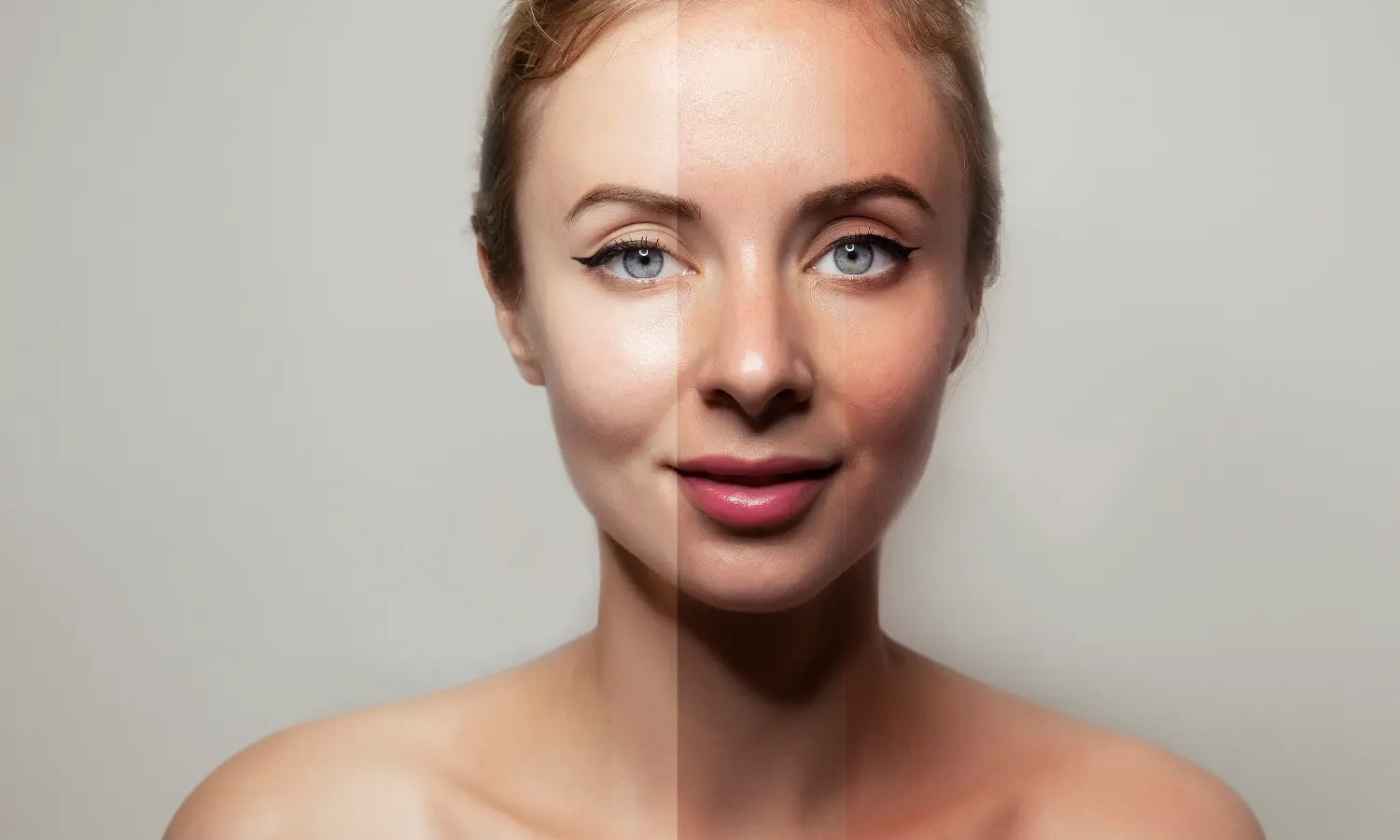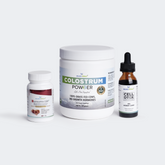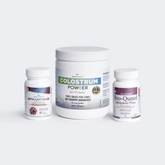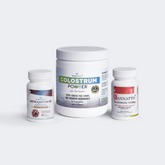Does Astaxanthin Help with Tanning? The Truth Behind the Trend
Estimated Reading Time: 6 minutes
|Are you also dreaming of sporting a lovely tan and sun-kissed glow?
Many people love to sunbathe for tanned skin. But did you know that overexposure to the sun can be harmful to your skin? One thing to keep in mind is protecting your skin from sunburn, especially during the summer. Of course, tanned skin looks gorgeous, but healthy skin should always come first.
To protect your skin from sunburn and get a healthy tan, there are a few essential tips that you can follow:
-
Know Your Skin Type:
Understanding your skin type is the first step toward safe sun exposure. Each skin type reacts differently to UV rays, which affects how quickly you may tan or burn. So, if you know your skin’s sensitivity to the sun, you can better gauge how long it’s safe to stay outdoors and what level of protection you need.
-
Use Sunscreen:
Once you know your skin type, the next step is to protect it. Sunscreen is your first defense against harmful UV rays.
Always use a broad-spectrum sunscreen with an SPF of 30 or higher to protect your skin against both UVB and UVA radiation.
Note: Remember to apply sunscreen to your face and whole body to prevent sunburn.
-
Use Antioxidants:
Sunscreen offers external protection, but what about internal defense? That's where antioxidants like astaxanthin come in.
Did you know that our body uses antioxidants to counteract free radicals? Always use powerful antioxidants to protect your skin when sunbathing and to help remove free radicals from your body.
Astaxanthin is a powerful antioxidant that works wonders for your skin. Due to its numerous health benefits, it has gained popularity in the skincare world. So, before diving into how it enhances tanning, let's understand what makes astaxanthin such a powerful ally for your skin.
Also Read: What Does an Antioxidant Do?
What is Astaxanthin?
Astaxanthin, a natural pigment from the carotenoid family, is often called the ‘king of carotenoids.’ It is known for its antioxidant properties and is said to protect the skin from free radicals while supporting a healthy tan. But does it really work? Let’s understand that by learning more about astaxanthin:
1. Discovery: Astaxanthin was first discovered in 1938 by Richard Kuhn while he studied lobsters as a source of pigment for aquaculture.
2. Natural Sources: A variety of organisms, including seafood such as salmon, shrimp, and lobsters, contain astaxanthin. Haematococcus pluvialis, a marine microalga, contains it in the most abundant amount.
3. Benefits for Skin: Astaxanthin offers:
-
Potent antioxidant activity to fight free radicals
-
Anti-inflammatory effects
-
Anti-aging support by enhancing collagen production
-
Protection against UV-induced skin damage
Research also suggests that, beyond its protective effects, astaxanthin may also support the tanning process by helping your skin respond to sun exposure in a balanced way.
What is the Relation Between Tanning and Antioxidants?
Your body naturally produces free radicals inside your cells. Still, when too many accumulate, they can cause oxidative stress, damaging cells, accelerating aging, and negatively affecting overall health, which can harm your skin and even increase the risk of skin cancer. While free radicals are necessary for fighting viruses and bacteria, they must be balanced with antioxidants, which prevent oxidation and neutralize harmful free radicals.
However, when your skin is exposed to UV rays for tanning, harmful rays trigger bursts of free radicals that can lead to sunburn, wrinkles, and skin cancer. Antioxidants protect your skin by shielding it from oxidative damage and UV-induced harm, while maintaining balanced melanin levels, which results in a long-lasting tan. For those who love a tan, here's good news: Astaxanthin, a powerful antioxidant, naturally protects the skin from free radicals and enhances the tanning process.
With a clear understanding of how antioxidants work, let's explore how astaxanthin uniquely enhances tanning while protecting the skin.

Can Astaxanthin Enhance Tanning?
If you're a fan of having a healthy, sun-kissed glow, you may wonder if there's a way to boost your tan while still protecting your skin from damage. It is where antioxidants like astaxanthin step in. But does astaxanthin truly enhance tanning, and how does it protect your skin at the same time? Let’s dive into the science and see how astaxanthin can give you that radiant tan without the harmful side effects.
-
Astaxanthin & Tanning: The Secret to a Sun-Kissed Glow Without Damage
When you expose your skin to the sun while tanning, it absorbs harmful UV rays, which can cause sunburn, oxidative stress, and skin damage, such as freckles or uneven pigmentation. In response, your body increases melanin production to protect deeper skin layers. Tyrosinase activity plays a critical role in regulating melanin production, helping your skin respond to UV exposure by producing melanin in a controlled and balanced manner, enough to protect without overwhelming pigmentation.
A study suggests that oral intake of astaxanthin helps increase the level of tyrosinase, an enzyme that initiates the oxidation of tyrosine to produce melanin. By boosting tyrosinase, astaxanthin may promote melanogenesis, potentially resulting in a tanned complexion.
-
Astaxanthin: Your Skin's Ultimate UV Shield
Besides tanning benefits, astaxanthin also works like an invisible shield to protect your skin from the inside out.
A 9-week randomized, placebo-controlled study showed that 4 mg daily increased the skin’s resistance to UV (higher minimal erythema dose), reduced moisture loss, and improved skin texture. By neutralizing free radicals and supporting collagen, astaxanthin shields your skin from UV damage while promoting healthier, more resilient skin.
Also Read: 8 Ways to Use Astaxanthin for Skin Health
How to Use Astaxanthin for Skin & Tanning
Astaxanthin is a powerful antioxidant that can support healthy tanning while protecting the skin from UV damage. It is available in both food sources and supplements:
-
Food Sources: You can get astaxanthin naturally by adding salmon, trout, or shrimp to your diet. To retain its nutrient content, opt for grilling, baking, or steaming these seafood options.
-
Supplements: For a more concentrated dose, astaxanthin supplements are a convenient option. When choosing a supplement, look for high-quality, GRAS-approved options that are free from additives and contaminants. Taking astaxanthin supplements can boost your skin's natural defense against sun exposure and promote an even, healthy tan.
-
Dosage: Astaxanthin supplements are safe and well-tolerated. You can take it safely, even at a dosage of up to 24 mg per day, with no adverse effects reported. Experts also recommend taking astaxanthin with meals that contain healthy fats.
Final Thoughts
Astaxanthin isn't just another skincare trend; it's a science-backed antioxidant that supports healthy tanning while shielding your skin from harmful UV rays. It helps reduce oxidative stress and promotes collagen health. It also allows you to achieve natural, even-toned skin without the risks of sunburn and premature aging.
Whether through food sources or supplements, incorporating astaxanthin into your routine can be a game-changer for both skin protection and beauty.
Disclaimer: These statements have not been assessed by the FDA. The information contained within this page is for educational purposes only. It is not intended to replace the advice or attention of health care professionals.
References:
-
Cyanotech Corporation. BioAstin® Natural Astaxanthin—The World’s Strongest Natural Antioxidant & Anti-inflammatory. Accessed April 17, 2025. Available from: https://www.cyanotech.com/pdfs/bioastin/batl32.pdf
- Ito, Naoki, Shinobu Seki, and Fumitaka Ueda. "The protective role of astaxanthin for UV-induced skin deterioration in healthy people—A randomized, double-blind, placebo-controlled trial." Nutrients 10.7 (2018): 817 https://www.mdpi.com/2072-6643/10/7/817





































